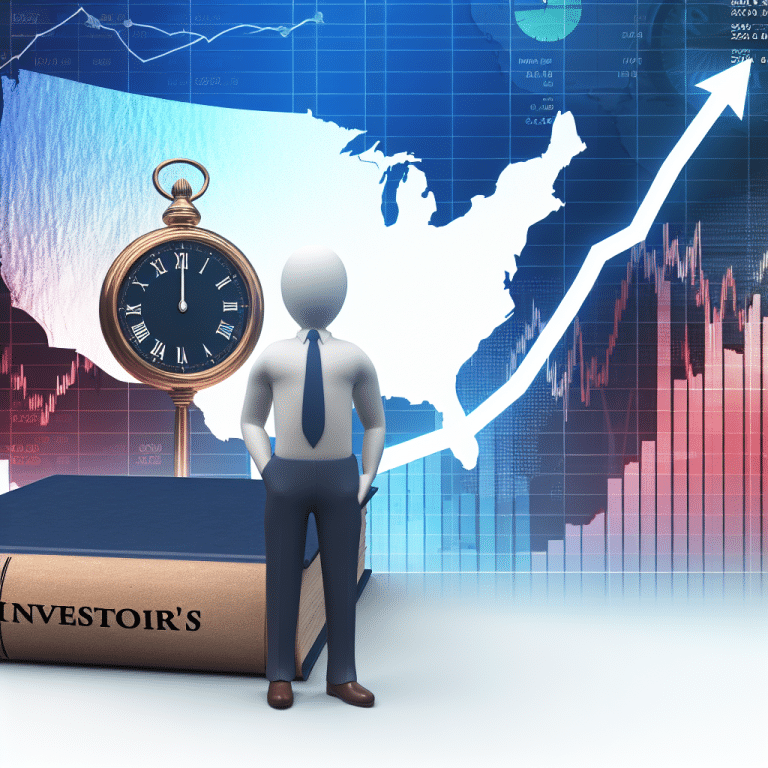NHL Commissioner Gary Bettman Signals Major Shift: Embracing Olympic Return Could Boost League’s Global Reach and Revenue Potential
The NHL’s Return to the Winter Olympics: What It Means for Investors and the Sports Industry
After a 12-year hiatus, NHL players are set to skate back onto the Olympic ice at the 2026 Winter Games in Milan. NHL Commissioner Gary Bettman recently confirmed this move at CNBC’s Game Plan conference, highlighting the league’s strategic decision to re-engage with one of the world’s most high-profile sporting stages. But beyond the excitement of seeing hockey’s best compete on a global platform, this development carries significant implications for investors, sports franchises, and the broader sports entertainment market.
Why the NHL Is Returning to the Olympics—and Why It Matters
Historically, NHL involvement in the Olympics began in 1998, following Bettman’s tenure as commissioner. The league saw firsthand how NBA players’ Olympic participation boosted global visibility and fan engagement. However, the NHL’s Olympic journey hit a pause after the 2014 Sochi Games due to business complexities—most notably, the league’s lack of control over promotion and the challenges of pausing the season.
Bettman’s remarks reveal a critical evolution: the NHL and NHL Players’ Association have negotiated a new commercial arrangement with the International Olympic Committee (IOC). This deal not only improves players’ conditions during the Games but also provides the NHL with greater promotional rights and influence over the Olympic experience. This strategic shift addresses past frustrations and aligns with the league’s long-term growth ambitions.
What This Means for Investors
From an investment perspective, the NHL’s Olympic return signals several trends:
-
Enhanced Global Brand Exposure: The Olympics offer unparalleled global reach. According to Nielsen, the Winter Games attract over 2 billion viewers worldwide. For the NHL, this is a prime opportunity to expand its fan base, particularly in European and Asian markets where hockey is growing but still secondary to other sports.
-
Increased Sponsorship and Media Revenue: With NBCUniversal holding U.S. broadcast rights through 2036, the NHL stands to benefit from lucrative media deals. The league’s improved commercial terms with the IOC suggest a more integrated marketing approach, which could translate into higher sponsorship values and advertising revenue.
-
Player Marketability and Talent Showcase: Olympic participation elevates player profiles on a global stage, enhancing endorsement opportunities. Bettman’s emphasis on players’ desire to compete “best-on-best” also underscores the potential for heightened competitive quality, which can drive ticket sales and merchandise revenue in subsequent NHL seasons.
What Investors and Advisors Should Do Differently Now
-
Monitor Media and Sponsorship Deals: Investors should track how the NHL leverages its Olympic presence in upcoming media rights negotiations and sponsorship partnerships. Companies involved in sports broadcasting and marketing stand to gain from this renewed collaboration.
-
Evaluate Franchise Growth Potential: NHL teams could see increased valuations as the league’s global footprint expands. Advisors might consider the indirect benefits to regional economies and associated businesses, such as sports apparel companies and local hospitality sectors.
-
Watch Player Movement and Endorsement Trends: The Olympics could spark shifts in player marketability and contract negotiations. Investors in sports management firms and endorsement agencies should anticipate new opportunities arising from heightened player visibility.
What’s Next?
Looking ahead, the NHL’s commitment to the 2026 Games appears firm, but participation in the 2030 Olympics remains uncertain. This cautious approach reflects the league’s balancing act between global exposure and operational challenges. Industry watchers should anticipate further negotiations as the NHL seeks to optimize its Olympic involvement without compromising its regular season integrity.
A notable trend to watch is how other professional leagues might respond. The NHL’s renewed Olympic engagement could pressure leagues like the NBA or NFL to reconsider their own international strategies, potentially reshaping the global sports entertainment landscape.
Unique Insight: The Data Behind Olympic Impact on NHL Viewership
A recent analysis by Sports Business Journal found that NHL viewership spikes by an average of 30% in markets with players participating in the Olympics. For example, Canada saw a 45% increase in NHL game ratings during the 2014 Sochi Games. This data underscores the tangible benefits of Olympic involvement for league broadcasters and sponsors alike.
Final Takeaway
The NHL’s decision to return to the Winter Olympics is more than a sporting milestone—it’s a strategic pivot with broad implications for investors, franchises, and the global sports economy. For those looking to capitalize on this shift, the time to act is now: align portfolios with media rights holders, sports marketing firms, and franchises poised to benefit from increased global exposure. As the NHL skates onto the Olympic stage once again, savvy investors will be watching closely—and positioning themselves for the opportunities ahead.
Sources: CNBC, Nielsen, Sports Business Journal
Source: NHL Commissioner Gary Bettman embracing return to Olympics







